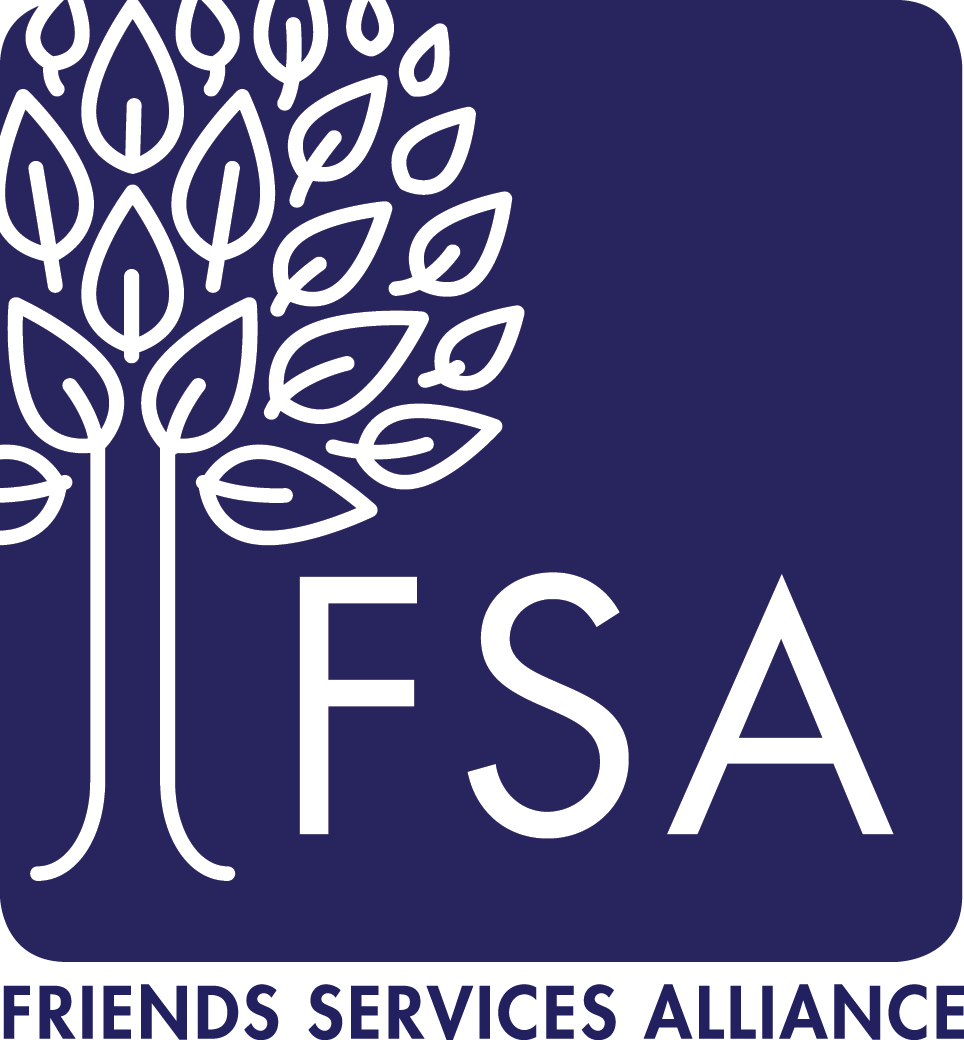The fourth essential element of an effective Compliance and Ethics Program is communication, education and training on compliance issues. The program cannot be effective if staff are not aware of the compliance issues that are vital to the organization. This means developing comprehensive and formalized plans for training and communication to employees throughout the organization in conjunction with the compliance committee and others.
A compliance training plan should start with providing the code of conduct and compliance and ethics education to all employees at the time of hire, as well as to physicians, volunteers, vendors, and contractors as services commence and on an ongoing basis. Training for Board members and senior leaders should include compliance issues related to their specific obligations and responsibilities. Compliance training should occur at least annually and be embedded within other education provided throughout the organization.
Here are some other factors to consider in the development of a compliance training plan:
- Training priorities should flow from the organization’s risk assessment
- Create training around job families to address specific risks for that group, such as documentation requirements for clinical providers
- Pay special attention to training for high-risk areas, such as coding and billing
- Update training to address changes in laws, regulations, and vulnerabilities
- Training should be well documented to include the content and sign-in records
- Assess the effectiveness of the training using post-tests
- Ensure that compliance staff receive specialized education for their professional development
It is not enough to provide training opportunities for staff related to compliance. It is important that mechanisms are put in place to hold staff accountable for meeting these expectations. Management also needs to be held accountable to ensure that their employees understand the standards of conduct and their compliance-related responsibilities. There should be policies in place to identify required training and to define consequences for staff who do not meet their compliance requirements. All too often we see that employees do not participate in the required training, and there are no performance consequences.
It is important to develop a compliance communication plan to keep important information and changes in the forefront. Pictures of the compliance officer, along with the compliance hotline number posted throughout the facility, will assist in facilitating the reporting of problem issues. Engagement activities, such as Compliance Fairs, can assist in promoting awareness. Compliance requirements should be included in job descriptions as a component of performance appraisals. Managers inserting compliance messages into meetings and communications will help to support the importance of compliance and emphasize behavior expectations. The compliance officer should be represented at relevant staff, senior management, and Board meetings.
It’s important to ensure that compliance information is presented in a manner that is understandable to the intended audience. Visibility is key, and it is important for compliance staff to keep the lines of communication open with staff by checking in with them periodically and providing prompt follow-up to any concerns that are expressed.
Ensuring that the compliance program includes a robust communication and training plan is essential to creating a culture of compliance throughout an organization. This will ensure that staff know what compliance issues are, how they need to respond to them appropriately, and report them before they become bigger problems for the organization.
Resource: Measuring Compliance Program Effectiveness: A Resource Guide; HCCA-OIG Compliance Effectiveness Roundtable Meeting, January 17, 2017, Washington D.C.
Friends Services Alliance (FSA) is a national professional association of values-aligned organizations that serve seniors. Our support services include a team of Compliance and Risk Management experts who have supported organizations in developing and maintaining effective Compliance and Ethics Programs for over 20 years.
Our next article will focus on Monitoring, Auditing, and Internal Reporting Systems.




